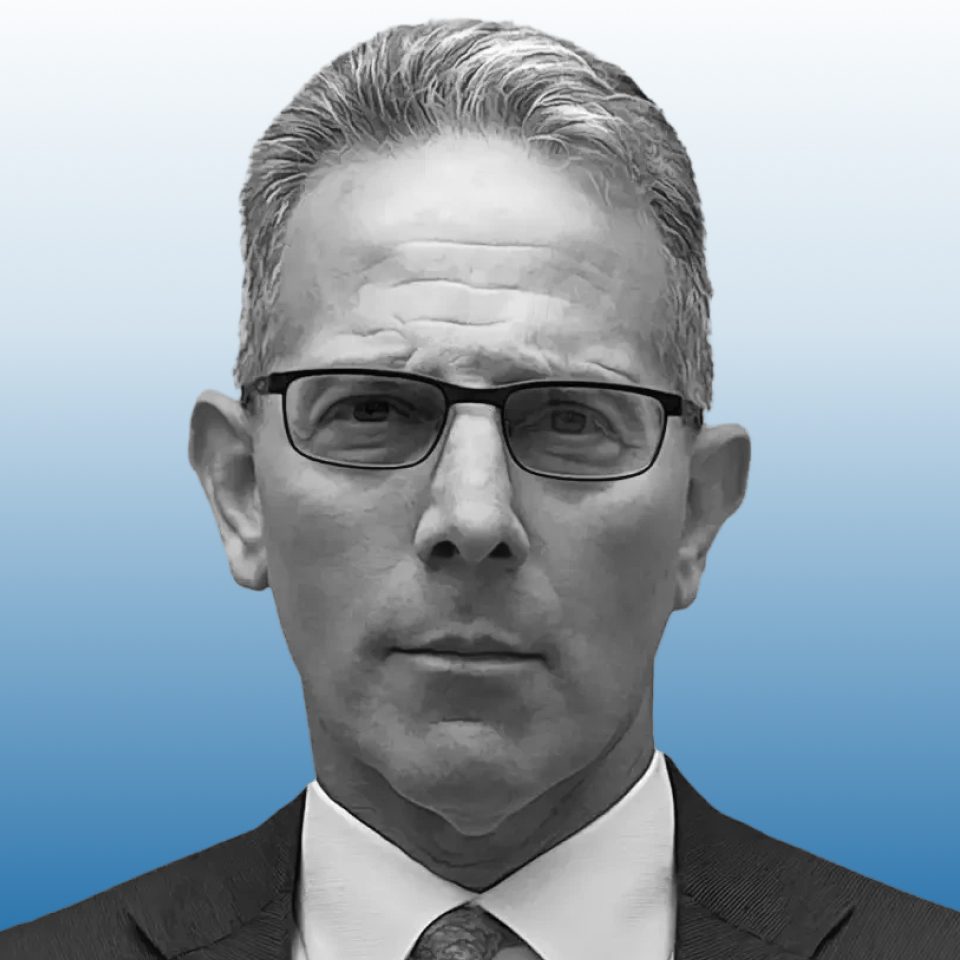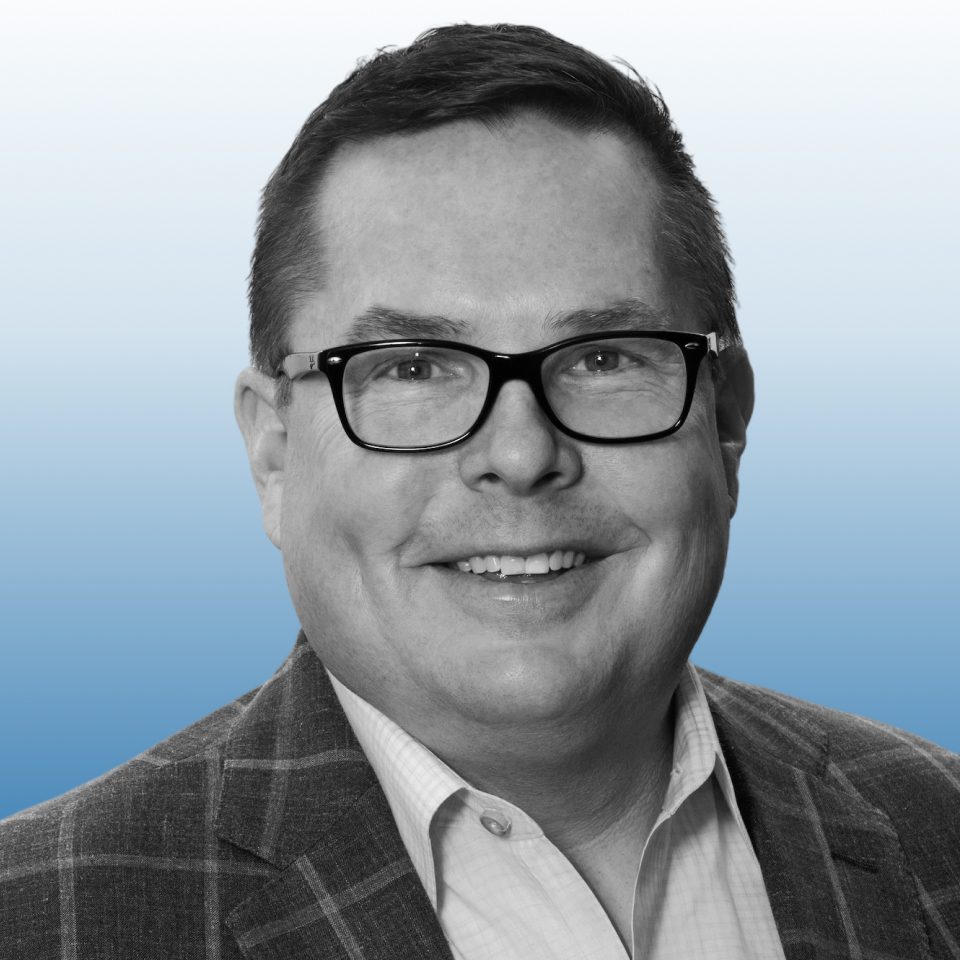As private strategies become democratized and clients seek more integrated services from their financial advisors, high net worth (HNW) clients are beginning to demand the type of services previously offered to ultra-high net worth (UHNW) clients.
This trend means that financial advisors can no longer just rely on their investment management offerings to retain HNW clients, defined as clients with about $3 million to $25 million in investable net assets, but must evolve to offer curated strategies to help clients reach their wealth goals, including providing multigenerational services expected by UHNW clients, those with investable assets above $25 million.
Drivers Behind HNW Demands

Andrew Marsh, Vice Chairman of Dynasty Financial Partners, says considering that clients receive advice in fragmented ways – from their lawyer, accountant, financial planner, banker/lender and investment manager – they are realizing that except for themselves, no one has a big-picture view of their lives.
“These clients are realizing that only getting advice on just the investment part of their portfolio is not what they’re losing sleep over anymore,” Marsh says.

Mark Biegel, Managing Director, Wealth Management of Choreo, points out that over the last five to 10 years, HNW clients have been able to access the same strategies that UHNW clients were investing in for decades. As low-cost indexing has taken hold and investment products become commoditized, clients want greater expertise from their advisors.
“They are looking for curated strategies they cannot access on their own with a unique safety profile and attractive tax attributes,” Biegel says.
He adds that HNW clients are looking for strategies that don’t correlate to public markets and offer additional asset allocation benefits outside of indexing. “If firms are to be successful, they need to meet the demand of the HNW community and have the private market expertise within the organization,” Biegel says.
Changing The Advisor Value Proposition
Changing client demands will require a cultural shift at many firms that provide wealth advice, Marsh suggests, so the overall nature of what constitutes advice will shift.
Bob Oros, CEO and Chairman of Hightower Advisors, agrees. That means advisors must “really listen to their clients,” and be open to new ideas and a new type of client. Retail customers and HNW individuals have personalized visions of wealth, so advisors should embrace innovation, new technology and customization to provide better services.
“This evolution – and the pressure it inherently creates – is ultimately a good thing that forces advisory practices to think outside the box, tailor their offerings to their clients’ needs and deliver on their specialized wealth goals,” he says.

Oros highlights that one of the steps Hightower Advisors is taking to evolve its financial services and wealth management offerings is its partnership with NEPC. This partnership is designed to deliver institutional-quality investment solutions and research-driven advice.
“We’re less focused on why (HNW clients are seeking more UHNW services) and more focused on how we meet this critical moment and continue to evolve our offerings and organization in a meaningful way that delivers on our clients’ personal wealth goals,” he says.
Marsh says advisors need to “change the conversation” they have with clients, who mostly see financial advisors as just investment managers. That means firms must invest in professional services to enhance their investment-management offerings. That may include offering expertise in private family business mergers and acquisitions, family and money psychotherapists, and professional facilitators of family meetings. Firms will need to build teams of experts around the expanded expertise required to deliver a comprehensive offering.
“Advisors need to change the perception these clients have of what we truly bring to the table,” Marsh says, calling it an “overall offering of the ‘whole wheel’ instead of just a spoke in that wheel.”
Biegel says as advisory firms add private market capabilities, they need to also develop in-house tax expertise to deliver comprehensive client solutions. If firms want to keep HNW worth clients, they need to take two steps, he suggests. One, support advisors by providing them with the curated solutions these clients want, and two, provide these solutions in a way that clients can’t replicate on their own, such as seed economics, discounted fees and lower minimums for attractive private strategies.
“Advisors need both education and access to private strategies, ensuring they can meet client demands for diversification and tax efficiency beyond traditional portfolios,” he says.
Rising To The Challenge
Another driver of HNW demands comes from a change in client needs. Marsh points out that as baby boomers age and begin to have health events, they are starting to worry that their advisors don’t have this holistic view of their lives, which impacts estate planning.
Additionally, more wealth is held in private family businesses or private corporations that are not public companies. Thus, the demand for advice is changing as they’re seeking consolidated views of wealth, liquidation plans and intergenerational views, he says.
Advisors need to address the change in clients’ needs, including offering multigenerational services that wealthy families typically have received, Oros adds.
Marsh concurs, pointing out the navigating significant intergenerational wealth is a new challenge. With greater wealth, risk-management approaches change as well. There’s a need to consider liquidity issues as non-correlated alternative investments are included.
The next generation also must understand the strategy behind longer-term investments.
“The approach to valuing a client relationship must change from ‘investable assets’ to ‘total advisable wealth’ to include elements of wealth, such as private businesses, in the advisory relationship,” Marsh says.
Debbie Carlson, Contributing Editor at Wealth Solutions Report, can be reached at ContributingEd@wealthsolutionsreport.com.













